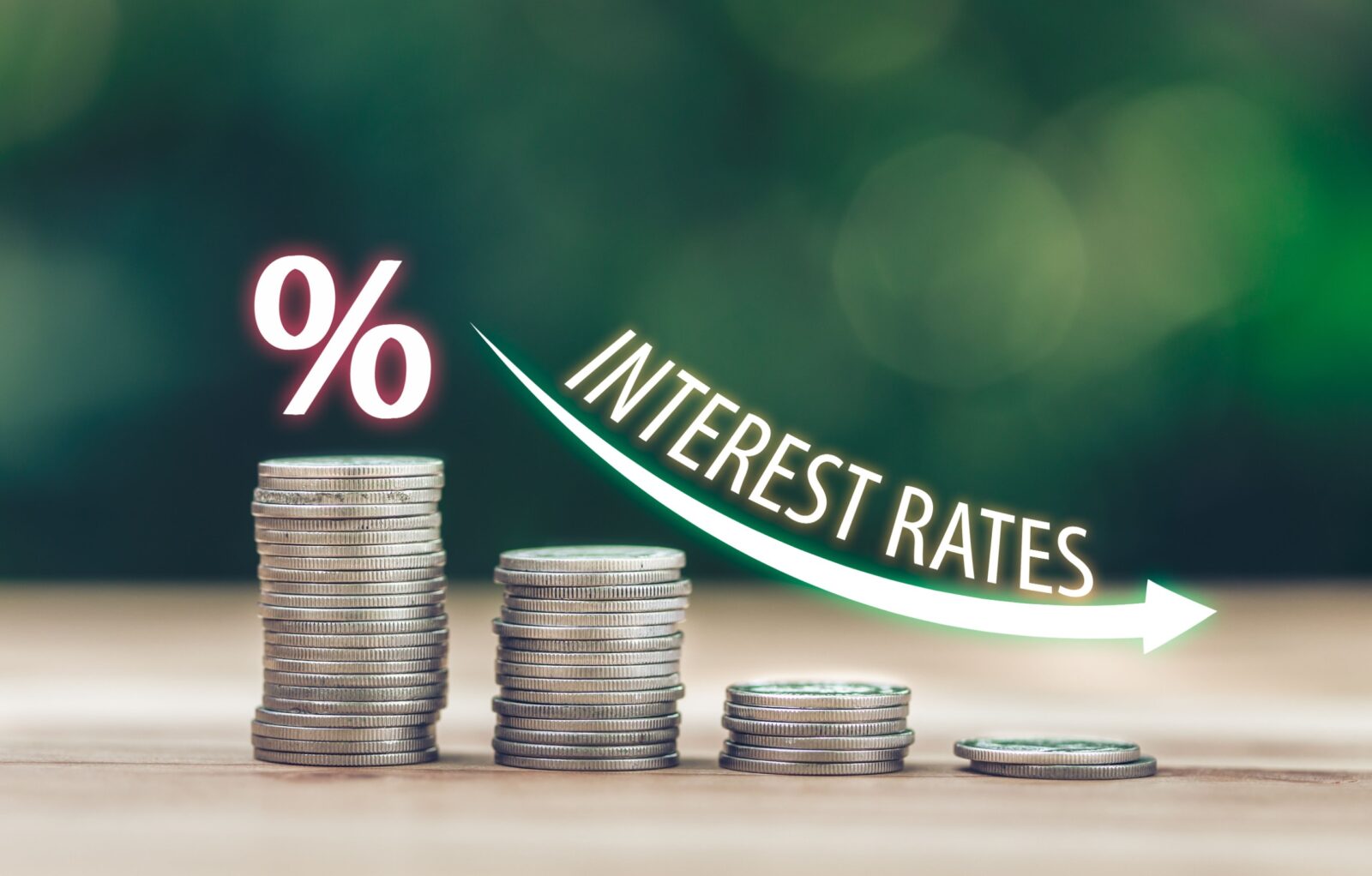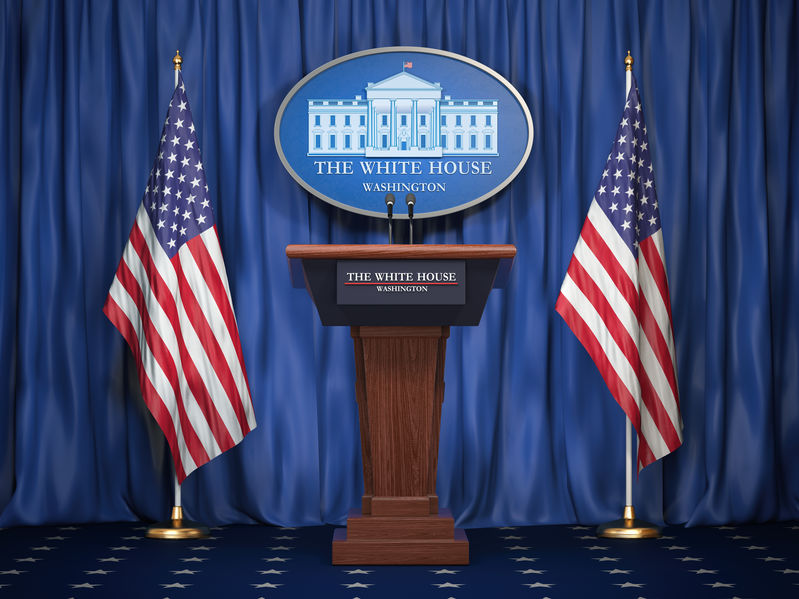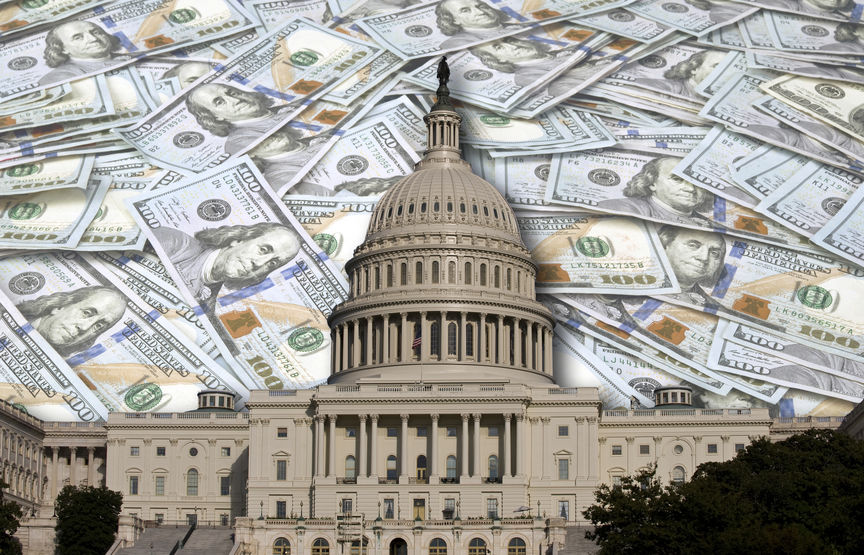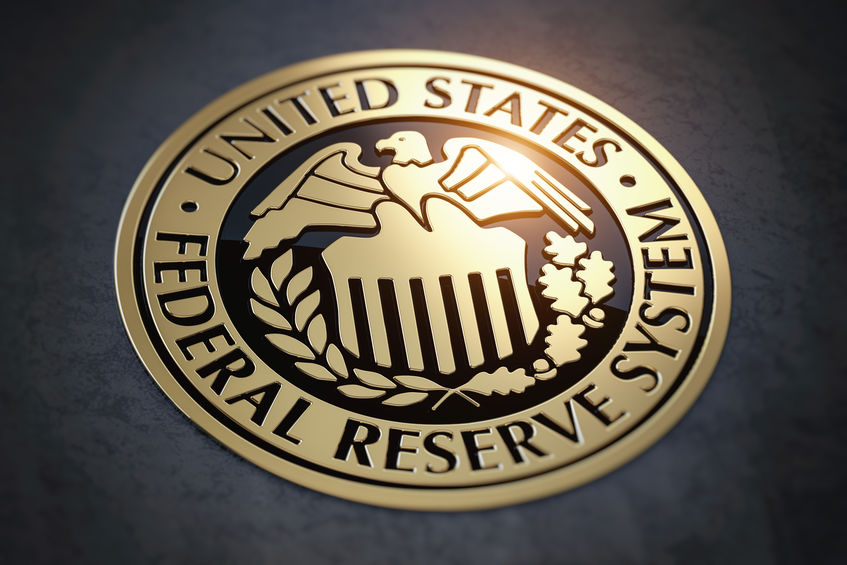Lower interest rates can seem like a win for borrowers, making loans and mortgages more affordable. But there’s a less obvious side to this story—one that can impact your savings and long-term financial plans. Understanding the hidden downsides of low interest rates is key to making smarter money decisions, especially when it comes to saving for the future.
Buying home in this housing market can be stressful and frustrating. Housing prices are at historical highs. Mortgage rates have increased significantly. And you may find yourself asking, “Is it a good time to buy a house?” or “Should I wait to buy a house?” Deciding when to buy a new home is an important financial decision that should be based on careful consideration of your personal circumstances.
Every four years during the U.S. general election, so much attention is focused on the race for the president of the United States. The campaigns and debates start early. And an important question on the minds of many American citizens is: how will your plan improve my financial future? Presidents and presidential candidates routinely promote their plan to improve the economy, household incomes and issues that directly affect your finances. But how much power does the president actually have to influence and improve your finances?
The health of the U.S. economy is vital to our financial wellbeing. When the economy is strong, employment opportunities grow, small businesses thrive, salaries are higher, and our overall quality of life is better. But when the economy is weak, jobs disappear, incomes decline, and many of us may suffer real hardships. So, how does our government try to improve the economy?
The Federal Reserve System—more commonly referred to as the Federal Reserve or simply the Fed—steps into the spotlight eight times a year when to announce its decision on interest rates. Is the Fed going to raise rates, lower them, or keep them the same? Financial professionals, investors, the news media, and politicians await the Fed decision with anticipation because they understand the impact and power the Fed’s decision has over the U.S. economy. Some say the
Federal Reserve is the most powerful financial institution in the world. But what exactly is the Federal Reserve? How much power and influence does it have over the U.S. economy? How do their decisions affect you?





